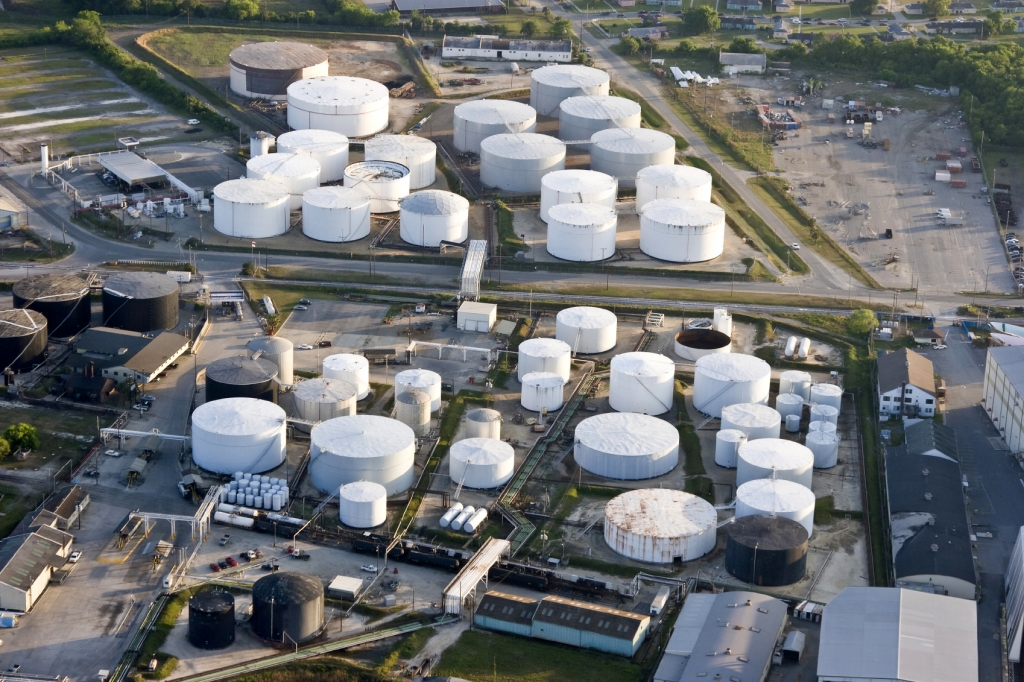-
Tips for becoming a good boxer - November 6, 2020
-
7 expert tips for making your hens night a memorable one - November 6, 2020
-
5 reasons to host your Christmas party on a cruise boat - November 6, 2020
-
What to do when you’re charged with a crime - November 6, 2020
-
Should you get one or multiple dogs? Here’s all you need to know - November 3, 2020
-
A Guide: How to Build Your Very Own Magic Mirror - February 14, 2019
-
Our Top Inspirational Baseball Stars - November 24, 2018
-
Five Tech Tools That Will Help You Turn Your Blog into a Business - November 24, 2018
-
How to Indulge on Vacation without Expanding Your Waist - November 9, 2018
-
5 Strategies for Businesses to Appeal to Today’s Increasingly Mobile-Crazed Customers - November 9, 2018
Saudi Arabia in CRISIS: Kingdom reveals £66billion deficit amid falling oil prices
Saudi Arabia’s budget deficit soared to $98bn (£65.7bn) this year as the world’s biggest oil exporter counted the cost of falling crude prices.
Advertisement
Saudi Arabia’s government ran a record budget deficit of SAR367 billion (USD97.9 billion) in 2015 because of low oil prices, Council of Economic and Development Affairs said.
As oil prices fall to their lowest level in 11 years, the Saudi government yesterday announced a budget with the most cautious oil price in 10 years despite it facing the problem of the current decline and volatility in oil prices by reducing its dependence on oil revenues.
Public revenues are the lowest since 2009, when oil prices dived as a result of the global financial crisis.
It said that investment spending in next year’s budget was cut by 19.3 percent to $59 billion.
The situation is so bad that the Saudi government said petrol prices, which is usually very cheap in Saudi Arabia because of the glut of oil it produces, may increase by 50% and diesel, electricity and water prices will also increase.
The Ministry of Finance confirmed it is “reviewing” a change to government subsidies on energy, water and electricity.
“The reintroduction of Iranian oil to the market makes Saudi Arabia unlikely to significantly scale back production in the first half of 2016 to defend the price of oil”, the forecast said.
The country announced Monday a Riyal 513 billion budget for 2016, down from $229 billion in 2015.
In the past huge oil profits have funded the Saudi Royal Family’s decadent lifestyle and enabled Saudi citizens to be able to work without paying income tax on top of state-funded benefits.
A quarter of next year’s spending, or $57 billion, has been allocated for defence and security expenditures, the ministry said.
The kingdom withdrew more than $80bn this year from its reserves, which stood at $732bn at the end of 2014, and issued bonds worth about $20bn. But now, analysts are considering whether Saudi Arabia could decide to abandon its currency peg against the dollar. Meanwhile, non-oil revenues rose 29 percent to $43.6 billion.
Across central and eastern Europe, the Romanian leu hit its weakest level in almost two years against the euro due to year-end import transactions while the forint also weakened, resuming last week’s slide following gains on Monday.
Advertisement
Mr Naimi said Saudi consumers – who have been used to record low prices at the pumps – will now be forced to use fuel more “efficiently” in the face of subsidy cuts.





























